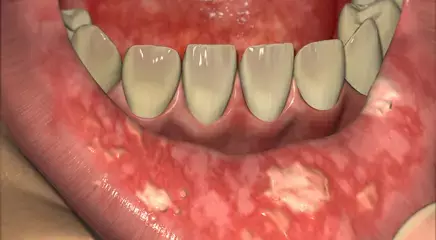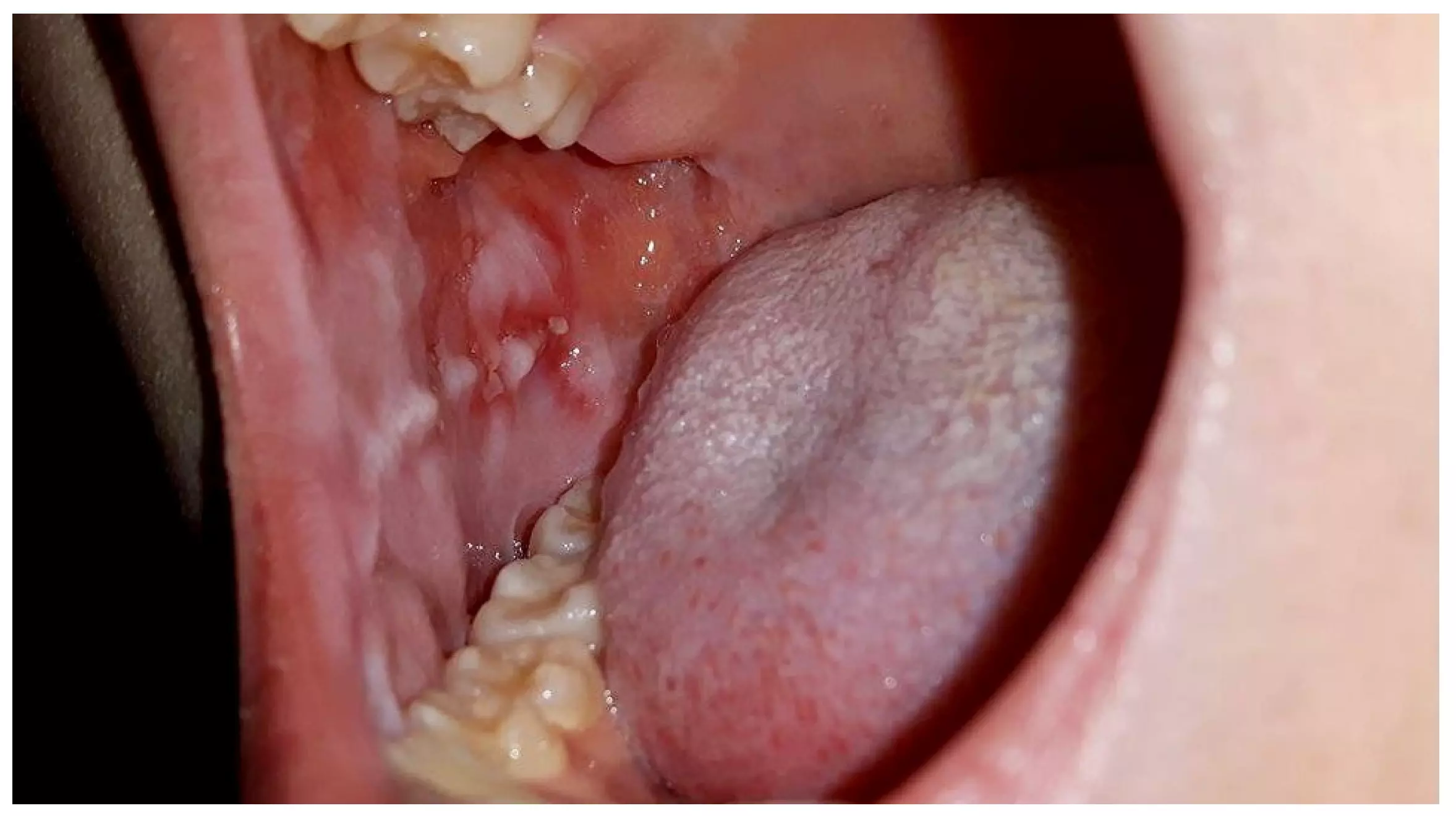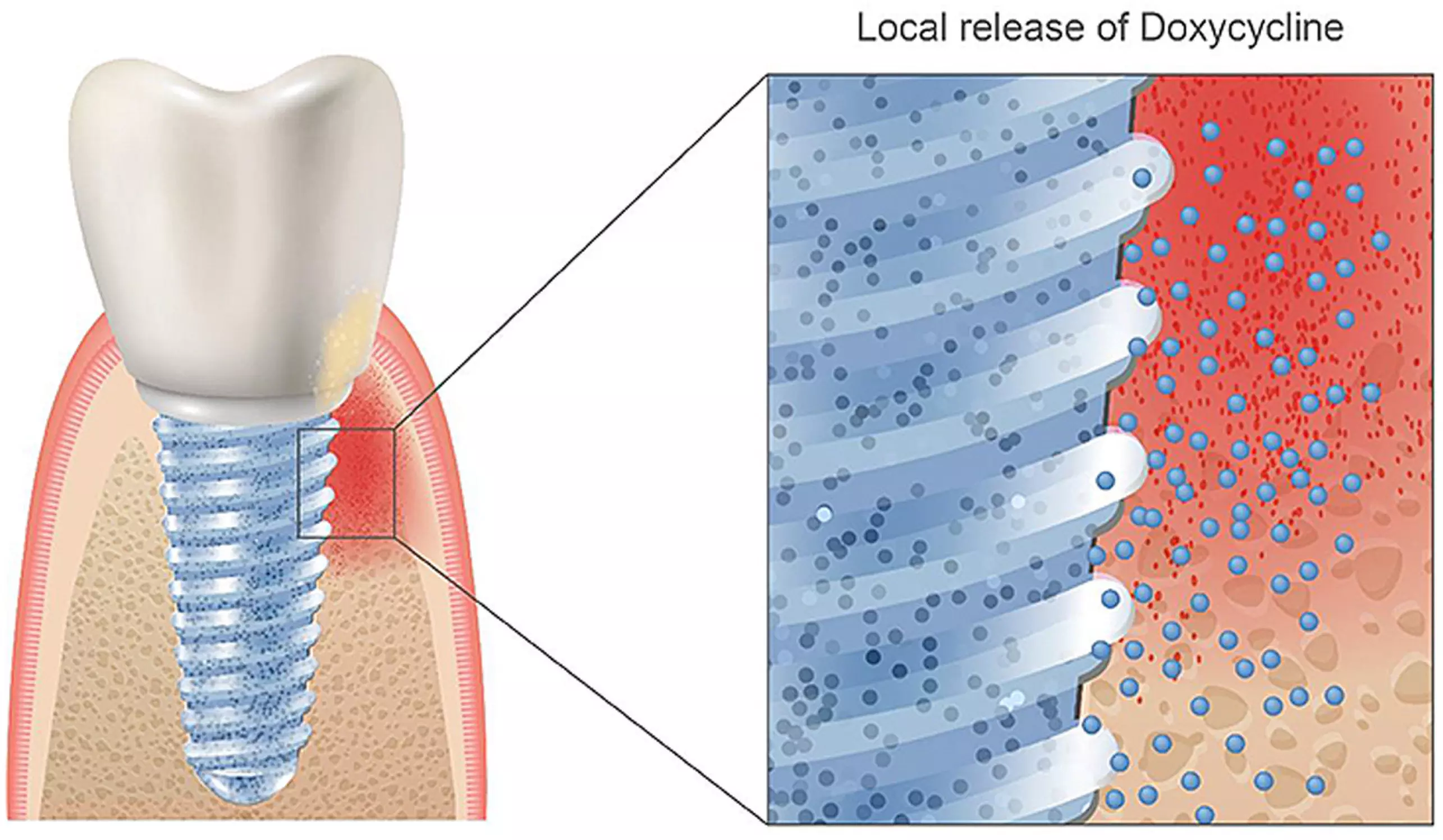- Home
- Medical news & Guidelines
- Anesthesiology
- Cardiology and CTVS
- Critical Care
- Dentistry
- Dermatology
- Diabetes and Endocrinology
- ENT
- Gastroenterology
- Medicine
- Nephrology
- Neurology
- Obstretics-Gynaecology
- Oncology
- Ophthalmology
- Orthopaedics
- Pediatrics-Neonatology
- Psychiatry
- Pulmonology
- Radiology
- Surgery
- Urology
- Laboratory Medicine
- Diet
- Nursing
- Paramedical
- Physiotherapy
- Health news
- Fact Check
- Bone Health Fact Check
- Brain Health Fact Check
- Cancer Related Fact Check
- Child Care Fact Check
- Dental and oral health fact check
- Diabetes and metabolic health fact check
- Diet and Nutrition Fact Check
- Eye and ENT Care Fact Check
- Fitness fact check
- Gut health fact check
- Heart health fact check
- Kidney health fact check
- Medical education fact check
- Men's health fact check
- Respiratory fact check
- Skin and hair care fact check
- Vaccine and Immunization fact check
- Women's health fact check
- AYUSH
- State News
- Andaman and Nicobar Islands
- Andhra Pradesh
- Arunachal Pradesh
- Assam
- Bihar
- Chandigarh
- Chattisgarh
- Dadra and Nagar Haveli
- Daman and Diu
- Delhi
- Goa
- Gujarat
- Haryana
- Himachal Pradesh
- Jammu & Kashmir
- Jharkhand
- Karnataka
- Kerala
- Ladakh
- Lakshadweep
- Madhya Pradesh
- Maharashtra
- Manipur
- Meghalaya
- Mizoram
- Nagaland
- Odisha
- Puducherry
- Punjab
- Rajasthan
- Sikkim
- Tamil Nadu
- Telangana
- Tripura
- Uttar Pradesh
- Uttrakhand
- West Bengal
- Medical Education
- Industry
Which are the factors that lead to severity of oral mucositis after radiotherapy for head and neck cancer?

In a groundbreaking study conducted at a prominent medical institution, researchers have shed light on the distressing challenges faced by patients undergoing radiation therapy for head and neck cancer (HNC). They found that the severity of oral mucositis was directly linked to significant challenges, including the need for feeding tube placement, increased hospitalization rates, heightened dependence on opiates for pain relief, and substantial weight loss.
The study results were published in the journal JAMA Network Open on October 11, 2023.
Oral mucositis (OM) is a distressing complication experienced by head and neck cancer (HNC) patients undergoing radiation therapy (RT), causing pain and hindering essential functions like speaking and eating. Previous studies on OM used various measurement methods, making comparisons challenging. Modern RT, particularly intensity-modulated RT (IMRT), offers improved precision. This study aimed to assess OM in the era of IMRT, focusing on patient-reported outcomes. By utilizing validated questionnaires, the research explored the impact of OM on patients' quality of life and clinical outcomes, providing valuable insights into contemporary OM experiences in HNC patients.
A prospective study was conducted to evaluate patient-reported oral mucositis (OM) and its connections with clinical outcomes and quality of life. The research, carried out at a single institution, involved 702 patients who underwent intensity-modulated radiation therapy (IMRT) for primary head and neck cancer. Severity of OM was assessed using the Oral Mucositis Weekly Questionnaire, and statistical analyses were performed to identify associations between OM severity and clinical outcomes. The study spanned from February 9, 2015, to May 27, 2022, with data analysis conducted between November 28, 2022, and August 18, 2023.
Key findings:
- Among 576 eligible patients, the median age was 62.5 years, with 78.3% being men.
- The majority were White (88.4%) and received concurrent chemotherapy (80.6%).
- Oropharynx was the most common treatment site (46.5%).
- By the end of the treatment, 62.5% had severe oral mucositis (OM), and 98.6% experienced some degree of OM.
- Differences in OM severity between head and neck cancer sites were insignificant.
- Higher OM severity was linked to increased rates of adverse outcomes, including feeding tube placement, hospitalization, opiate use, and substantial weight loss.
Thus, the study findings underscore the serious impact of OM on patients' well-being and treatment outcomes. Alarming findings have emerged in this study where a staggering 62.5% of patients developed severe OM during their treatment. This indicates that healthcare providers must focus on minimizing the severity of OM to enhance patient comfort and improve overall outcomes. Additionally, the research emphasizes the pressing need for further studies and innovative interventions aimed at reducing the incidence and impact of OM in HNC patients, ensuring a better quality of life for those enduring the challenges of cancer treatment.
Further reading: Iovoli AJ, Turecki L, Qiu ML, et al. Severe Oral Mucositis After Intensity-Modulated Radiation Therapy for Head and Neck Cancer. JAMA Netw Open. 2023;6(10):e2337265. doi:10.1001/jamanetworkopen.2023.37265.
BDS, MDS
Dr.Niharika Harsha B (BDS,MDS) completed her BDS from Govt Dental College, Hyderabad and MDS from Dr.NTR University of health sciences(Now Kaloji Rao University). She has 4 years of private dental practice and worked for 2 years as Consultant Oral Radiologist at a Dental Imaging Centre in Hyderabad. She worked as Research Assistant and scientific writer in the development of Oral Anti cancer screening device with her seniors. She has a deep intriguing wish in writing highly engaging, captivating and informative medical content for a wider audience. She can be contacted at editorial@medicaldialogues.in.
Dr Kamal Kant Kohli-MBBS, DTCD- a chest specialist with more than 30 years of practice and a flair for writing clinical articles, Dr Kamal Kant Kohli joined Medical Dialogues as a Chief Editor of Medical News. Besides writing articles, as an editor, he proofreads and verifies all the medical content published on Medical Dialogues including those coming from journals, studies,medical conferences,guidelines etc. Email: drkohli@medicaldialogues.in. Contact no. 011-43720751




